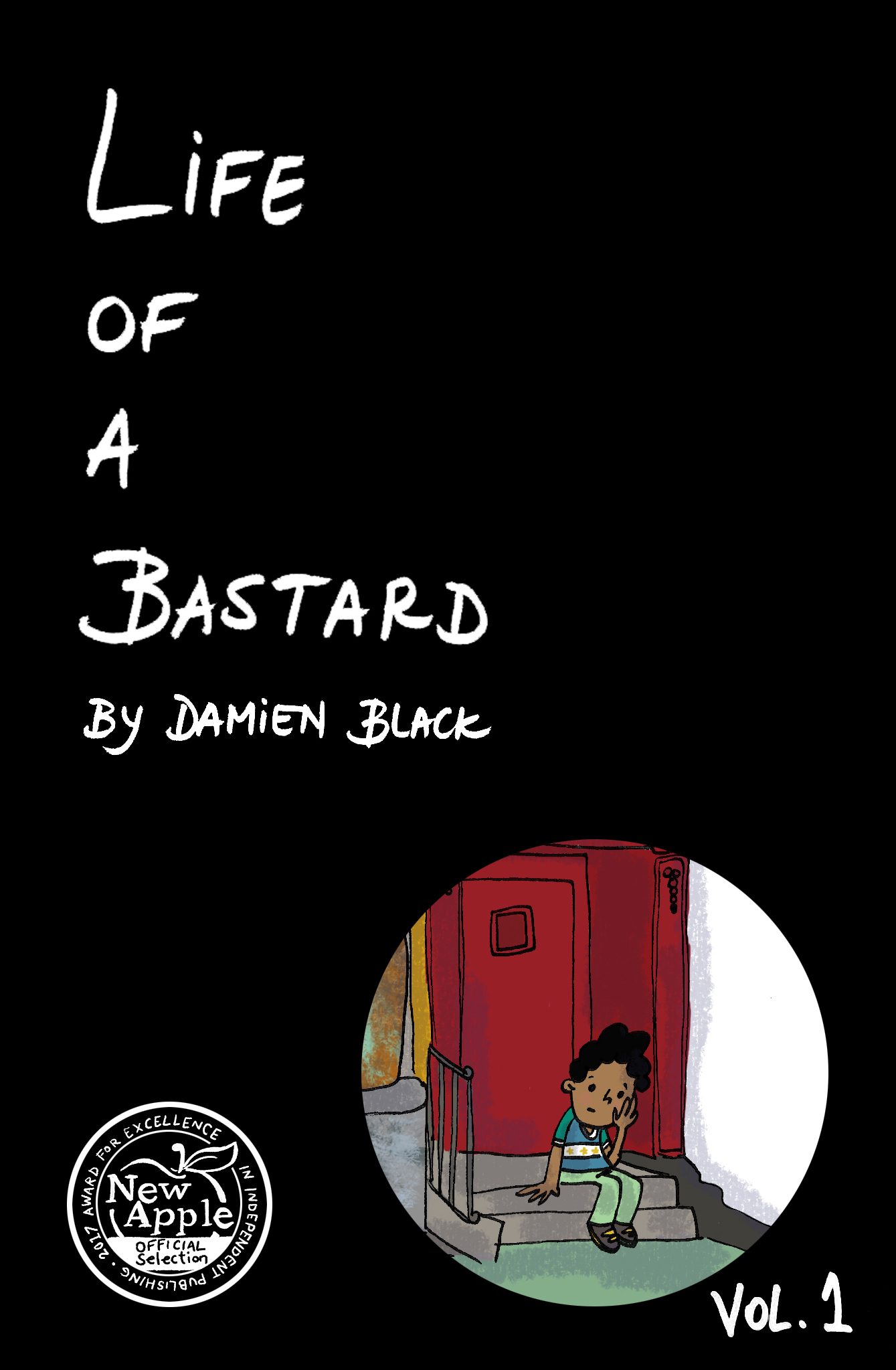
“My memories from this period are often nebulous. They bend and warp like clouds caught between two fronts. A lot of terrible things happened to me that I try not to remember, but I was a child, I was innocent, and I used to be happy sometimes. ”
Born in Spanish Harlem in 1972 to a teenage Puerto Rican mother and a black father, Javier Soto is a blemish on the face of American society. After a suspicious fire allegedly set by his mother, while his father serves time in prison, Javier and his sisters are removed from their home into foster care. This true story of Javier Soto’s life takes you on the soul-stirring journey of a young boy in the custody of a brutal world.
Beginning at the Catholic Home Bureau, Javier’s tale depicts the evolution of an innocent child into an enraged teenager as he battles his way through the perils of abuse, starvation and neglect. Like thousands of American children who are driven into the foster care network Javier and his siblings are repeatedly shuffled through numerous foster homes, each one less welcoming than the last. Following eventual separation from his sisters, Javier is left to continue his crusade of survival alone.
An indelible account that tells of a boy’s anguish, self-loathing and an unsatisfied yearning for love that is the birthright of every child. With such little grounds for hope, how far will Javier go?
Genre: BIOGRAPHY & AUTOBIOGRAPHY / Cultural HeritageAmazon Best Sellers Rank: #1,576,041 Paid in Kindle Store
My life did not begin with happy anticipation or anything recognizably good. Born of a mentally ill woman and an alcoholic man, my abuse started in the womb. My mother, Maria Soto, drank, smoked, and used drugs—causing my premature birth. She was sixteen-years-old, my father was twenty-four. She had just been released from a psychiatric hospital and he was running wild through the streets of Harlem. My father, Nat Hutchinson, was soon convicted of armed robbery, and sent to prison a month before I was born. I was given my uncle’s name, Javier. He was probably the kindest person in my life at that time.
With no place to go, and no men to support her, my mother took me to stay with my grandmother, Amelia. Kindness and acceptance were foreign to my family. According to my mother, when she brought me to my grandmother’s house, she was met with anger. She was Latino and my father was black—that was unacceptable for my family.
My mother was an outcast. She brought her family shame, and they gladly cast her as a villain for years to come: sociopath, abuser, “anti-mother.” These tags might as well have composed her DNA and expressed themselves in every aspect of her appearance. I don’t know much about her childhood, but it was most likely bleak. Like a serial killer, her anger needed no trigger—she was just born “fucked up.” She believed that the world, my grandmother, and White People, were out to destroy her. She often attributed her hardships to “White Society.” She believed “people hated her for having a child with a black man.” She blamed her anger and guilt on others, but unleashed it on her son.
| Language | Status |
|---|---|
|
Italian
|
Already translated.
Translated by Francesca Boaria
|
|
Portuguese
|
Already translated.
Translated by Aden Camargos
|
|
|
Author review: Aden Camargos absolutely the best person I have work with my book, professional and kind. Meet every deadline awesome. Thank You |